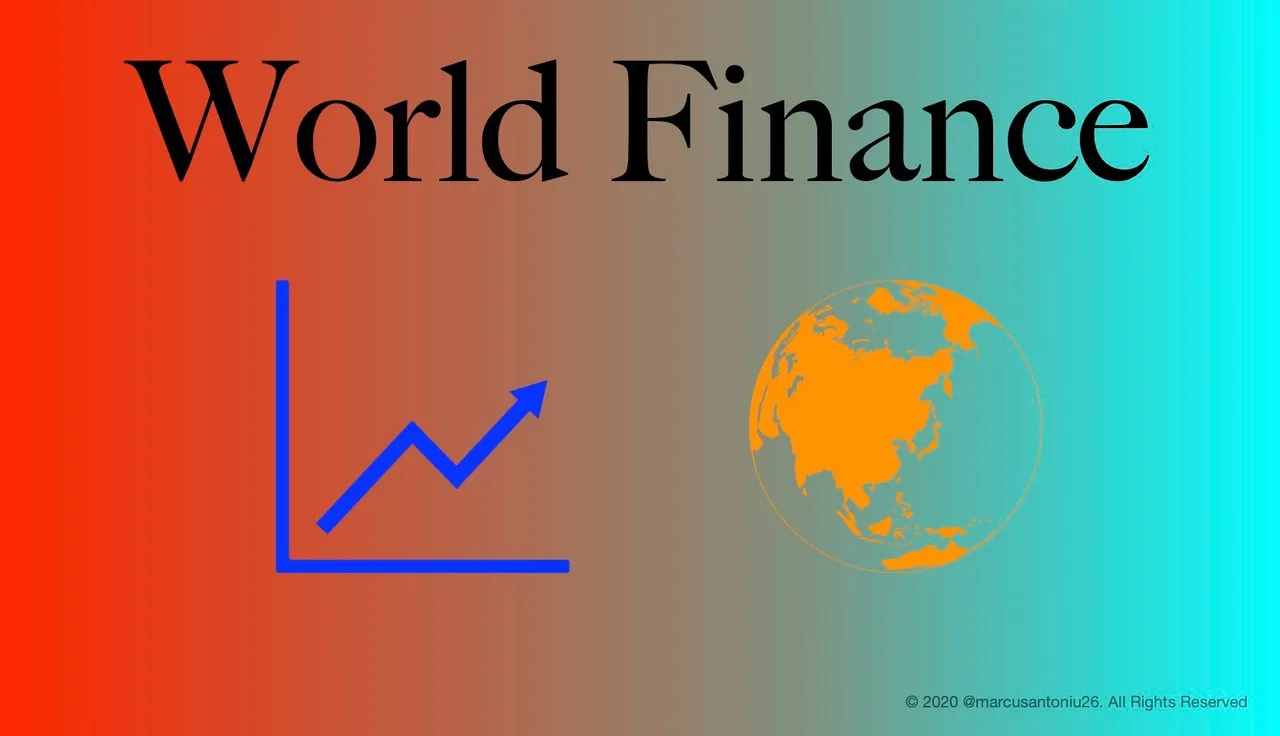
The German hyperinflation of the Weimar Republic occurred in the early 1920s, following the end of World War I. At the time, Germany was facing a number of economic challenges, including a large war debt, reparations payments to the victorious Allied powers, and a lack of resources due to the destruction of the war. To finance these expenses, the German government began printing large amounts of money, which led to a rapid increase in the money supply.
As the money supply increased, prices for goods and services began to rise rapidly. This led to a vicious cycle, in which people began to lose confidence in the value of the currency, and so they began to spend their money as quickly as possible, further driving up prices. At the same time, businesses and workers began to demand higher wages to keep up with the rising prices, which led to even more inflation.
By 1923, the rate of inflation had reached hyperinflationary levels, with prices doubling every few days. This led to a complete collapse of the German economy, as people found that their savings were worth next to nothing, and businesses went bankrupt. The German currency, the Reichsmark, became nearly worthless, and people began to use other forms of currency, such as cigarettes and foreign currency, in order to buy goods.
The German government tried to address the hyperinflation by implementing a number of measures, including price controls and rationing of goods, but these measures were ineffective in stopping the inflation. In 1923, a new German government, led by Gustav Stresemann, introduced a new currency, the Rentenmark, which was backed by a fund of land and mortgages. This new currency helped to stabilize the German economy, and by 1924, the rate of inflation had dropped significantly.
The hyperinflation of the Weimar Republic had a devastating impact on the German people, leading to widespread poverty, unemployment and destabilizing the society and politics of the country, leading to the rise of extremist movements. It also had a profound impact on the German economy, leading to a loss of confidence in the country's political and economic system, and it was one of the factors that contributed to the rise of the Nazi party and the eventual fall of the Weimar Republic.